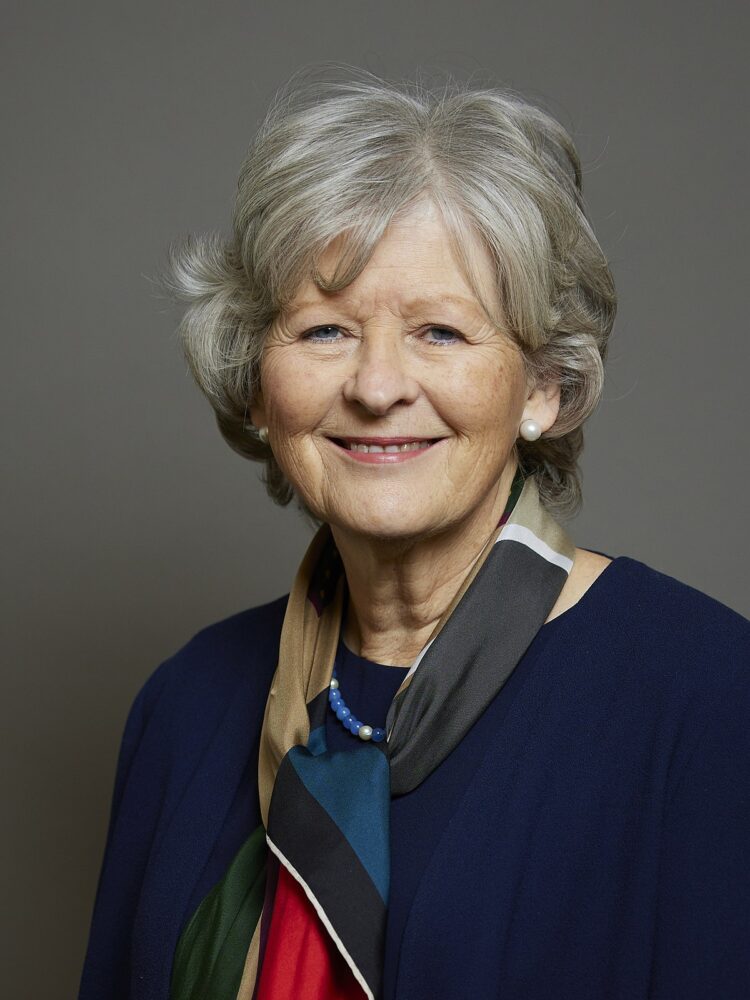By Tony O’ Reilly-
The Catholic Union is advocating for a thorough examination of the pandemic’s repercussions on people of faith, particularly focusing on the closure of places of worship.
As public hearings into Covid-19 inquiry continue, the multifaceted aspects of the pandemic that gripped the nation in 2020, the Catholic Union is emphasizing the need to scrutinize the effects of lockdown measures on religious communities.
The COVID-19 lockdown, initiated by the UK government on March 23, 2020, ushered in stringent restrictions, including the closure of places of worship alongside other gathering venues.
Although restrictions were periodically eased and reinstated, the impact on faith groups remained profound. Over 230,000 lives have been claimed by the virus in the UK, underscoring the severity of the crisis.
A survey conducted by the Catholic Union revealed staggering statistics, with 91% of respondents advocating for places of worship to be classified as “essential services” in any future pandemic, and 61% expressing that their physical or mental health suffered due to the closure of churches during COVID.
These findings have been presented in full to the head of the inquiry, with the Catholic Union offering to provide further briefing and evidence during the public hearings.
In a letter to the Inquiry Chair Baroness Hallett, the Catholic Union has called for church closures to be “properly considered” and has offered to give evidence as part of the public hearings.
In its letter to Baroness Hallett, the Catholic Union states that “While many people endured hardships during the pandemic, there was a deep sense that decision makers did not fully understand the importance of churches to people of faith and were too slow in allowing them to reopen.”
It has also shared with Baroness Hallett the results of its survey last year which found that 91 per cent of responders thought that places of worship should be classed as “essential services” in any future pandemic and never again be forced to close.
Sixty-one per cent of people also said that their physical or mental health had suffered as a result of churches being closed.
Baroness Sheila Hollins, (pictured)President of the Catholic Union, underscored the significance of understanding the profound impact of church closures on individuals’ lives. She emphasized that decision-makers must recognize the vital role of faith and faith communities, urging that such closures should never recur.
Nigel Parker, Director of the Catholic Union, highlighted the enduring memories of Catholics participating in Easter services via digital platforms during the height of the pandemic.
While such experiences may now seem distant, Parker stressed the importance of critically examining the nation’s response to the pandemic to glean invaluable lessons for the future.
With a commitment to advocating for policy changes that safeguard the rights of religious communities, the Catholic Union seeks to prevent the recurrence of church closures in future crises.
The outcome of the COVID-19 Inquiry, expected to culminate in a comprehensive report and recommendations to the government, holds immense significance for the future management of public health crises.




